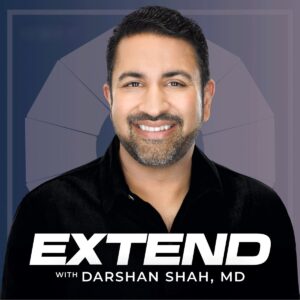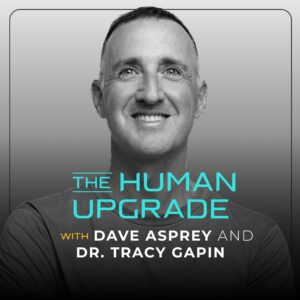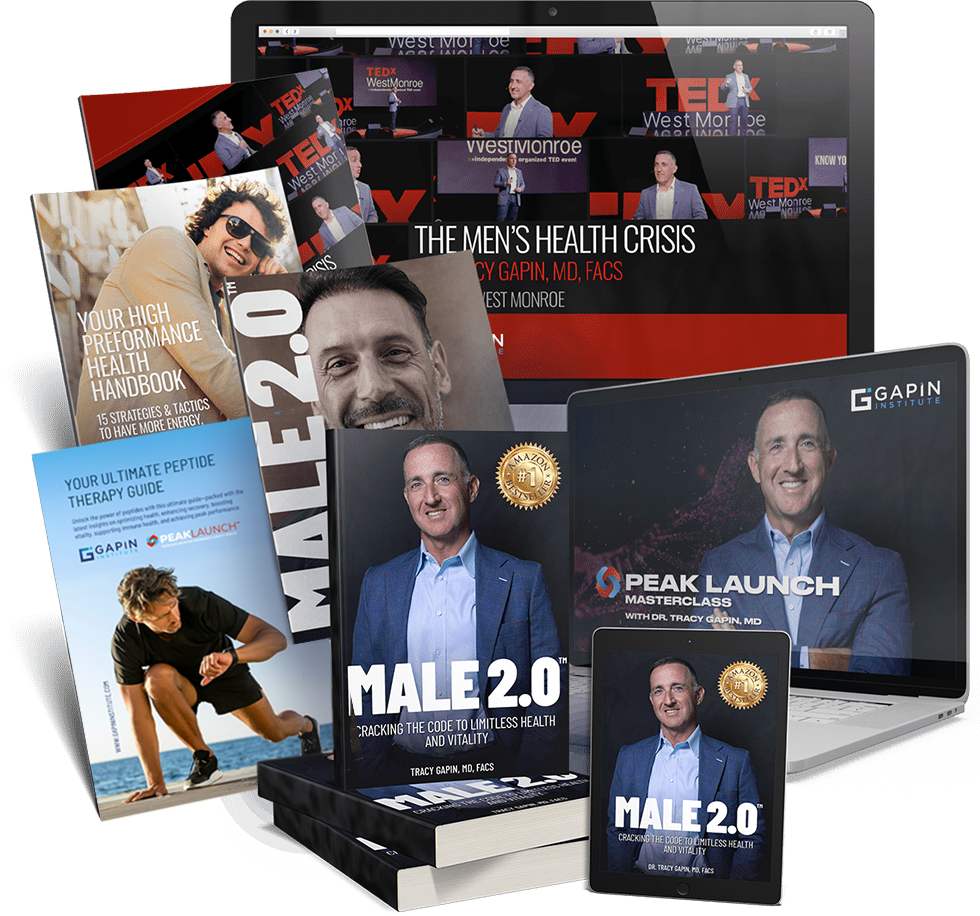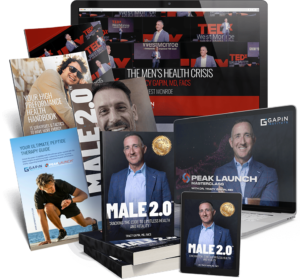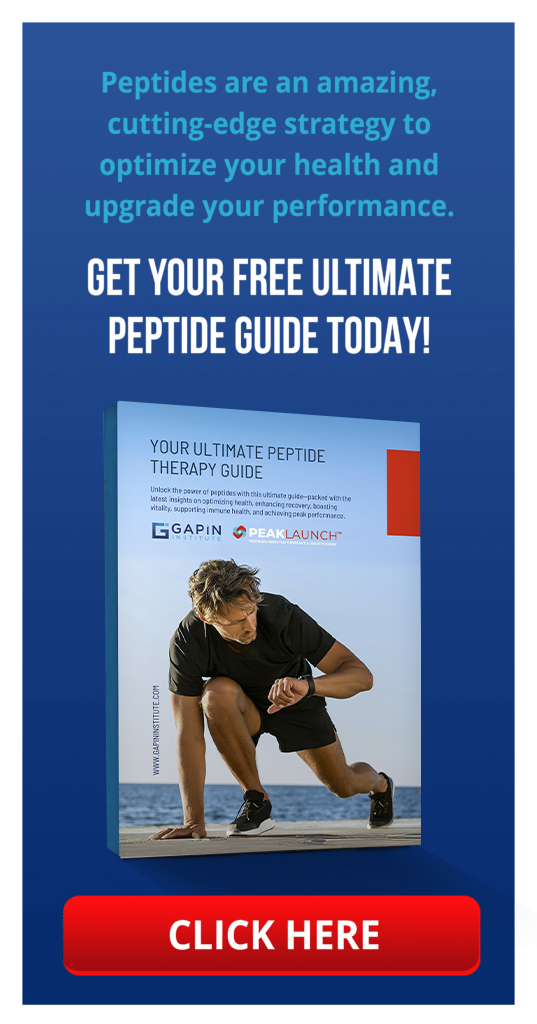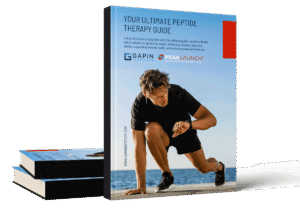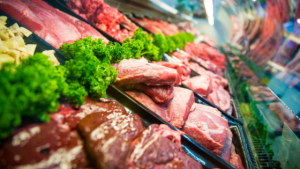
Spoiler Alert: You CAN help prevent prostate cancer thru diet.
What do you think of when you think of wanting to live a healthy life? Let's be honest, most men think of fitness related to physique as the primary focus, maybe even fitness to reduce the risk of chronic diseases like high blood pressure or diabetes. Both physique and avoidance of chronic disease are a great to focus on, but it is also important for men to focus on prostate health as well.
The risk of prostate cancer…
Prostate cancer is the number one cancer among men in the United States. Shocking right? It's not talked about nearly as much as some of the other cancers. If you are like most men, you want to avoid prostate cancer by whatever means possible. Luckily there are some really simple steps you can take to decrease your risk, one of the most important steps is changing your diet.
You can prevent prostate cancer thru diet.
Here are the key dietary factors known to affect the risk of developing prostate cancer:
Low-fat diet: Some studies have found men who had higher daily animal fat intake had an increased risk of prostate cancer. In studies that looked at fat consumption and prostate cancer risk, animal fats were more likely to be associated with an increased risk of prostate cancer than plant-based fats.
Fruits and vegetables: These are full of vitamins and nutrients that are thought to reduce the risk of prostate cancer, though research hasn’t proved that any particular nutrient is guaranteed to reduce your risk. Cruciferous vegetables have unique antioxidant properties that enable them to counteract some of the damage caused by carcinogens. Eating more fruits and vegetables also tends to make you have less room for other foods, such as high-fat foods.
Fat: Fatty fish such as salmon, tuna and herring contain omega-3 fatty acids, a type of fatty acid that has been linked to a reduced risk of prostate cancer. Avoid trans fatty acids, though, which are known to promote cancer growth. These are commonly found in butter and many processed and fried foods.
Dairy: A number of studies have found that men who ate the most dairy products such as milk, cheese and yogurt on a daily basis had the highest risk of prostate cancer. The risk associated with dairy products is thought to be small.
Overcooking meat: Overcooking meat produces carcinogens called heterocyclic amines that have been shown to cause prostate cancer in animal studies. In addition, charbroiling red meat or chicken with its skin intact produces another set of carcinogens called polycyclic aromatic hydrocarbons. Research has suggested that intake of these charred meat carcinogens triggers mutations in prostate cell DNA, which leads to a chronic inflammatory response in the prostate. This combination of mutations and inflammation appear to be a key to the development of prostate cancer. Steaming or baking meats and avoiding overcooking meat can significantly reduce the amount of carcinogens produced.
Sugar: Several animal studies suggest that cutting simple sugar and carbohydrate intake may slow prostate cancer growth. Excess sugar intake is further linked to
prostate cancer growth through increased insulin levels. Insulin resistance has been found to reduce levels of important proteins that stimulate prostate cancer cell death.
Selenium and Vitamin E: The Selenium and Vitamin E Cancer Prevention Trial (SELECT) evaluated whether taking vitamin E and selenium prevented the development of prostate cancer. The study showed that taking selenium alone or with vitamin E did not decrease the risk of prostate cancer.
Lycopene: Several animal studies have demonstrated that lycopenes, found mostly in tomatoes, may reduce prostate tumor growth. Some human studies have shown that a diet high in lycopene may be linked to a decreased risk of prostate cancer, but other studies have not. It has not been proven that taking lycopene supplements slows the development or progression of prostate cancer.
Gluten-free diet: This diet is typically recommended for patients with celiac disease, an inflammatory bowel condition. By reducing inflammation, this diet may have a role in cancer prevention as well. Foods with no gluten include all fruits, vegetable, meat, fish, and eggs.
Multivitamins: Regular use of multivitamins has not been proven to increase the risk of early or localized prostate cancer.
To reduce the risk of developing prostate cancer, men should focus on foods rich in antioxidants and low in pro-inflammatory and carcinogenic substances. Powerful anti-cancer nutrients are found in colorful fruits and vegetables, fresh herbs, leafy green leafy vegetables, nuts, berries, and seeds. Choose green tea, soy, fish, and foods low in calories and fat. The Mediterranean diet, which is loaded with fresh fruits and vegetables, garlic, tomatoes, red wine, olive oil, and fish, is heart-healthy and may be very beneficial for prostate cancer prevention. If oil is needed, choose olive oil, which is very healthy and rich in vitamin E and antioxidants. Avocado oil is also good. Avoid oils high in polyunsaturated fats such as corn, canola, or soybean.
Missing your Sunday steak night getting you down?
Don't worry, you don't have to change everything at once. Start with once or twice a week, switch out your regular lunch or dinner for a salad with lean healthy protein. This way you get a pile of veggies in one sitting. Bonus points if you nix the iceberg lettuce in favor of kale, spinach, or spring mix.
Additional swaps you can make…
- Swap out processed foods for whole foods. A good example is eating a whole orange instead of drinking orange juice.
- Use healthy oils, such as olive oil or coconut oil instead of margarine or butter.
- Drink more water. Slowly begin to replace soda and other flavored drinks with good ‘ol fashioned water.
Want healthy swaps you can make to help prevent prostate cancer thru diet?
Sign up for an G1 Performance Program Discovery call! Sign up now and take the first step in achieving your maximum potential today.


